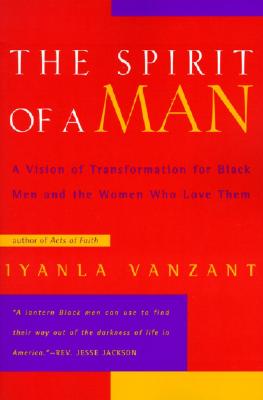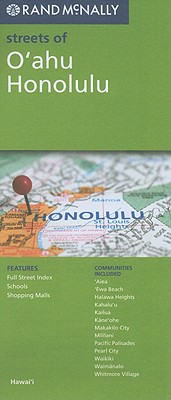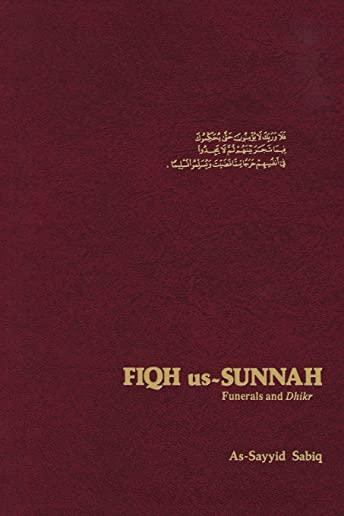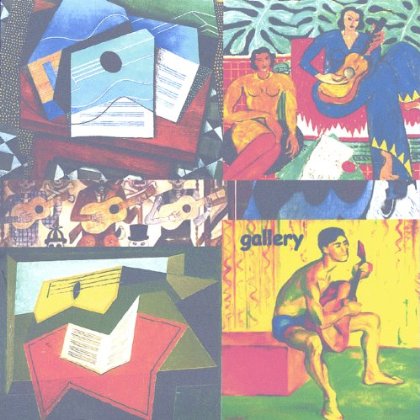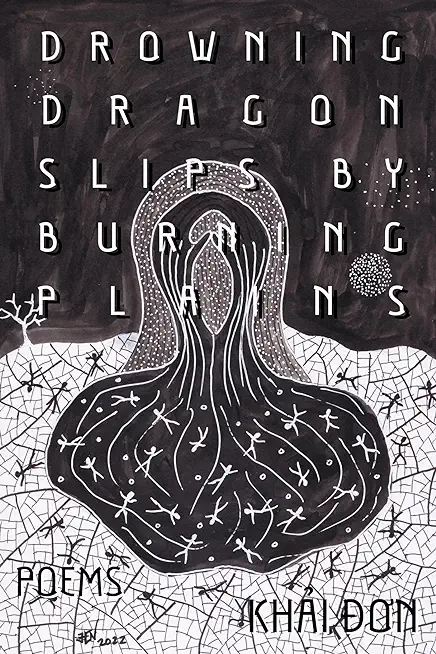
description
ng Plains counters the narrative held in the West about women and the land of the quaintly "lush" and "charming" Mekong Delta. A rice field in the middle of the communist and American-backed government, the delta was an essential resource that fed both sides of the war in Vietnam. The Mekong Delta went through countless massacres on an immense scale. Yet, history wiped the injuries away as if the river forgot. In her debut collection, Khải Đơn explores the meaning of being a woman in a land robbed of its innocence. Through a collage-like approach of personal history and fables, Khải Đơn's poems present an insidious flow of recollections that young people do not want to remember and that old people avoid discussing.
In poems that lament and wonder, Khải Đơn reclaims the narrative for her people by unexpected material yielded from social research, CIA documents, and American military evaluations to erode the dominant narrative about the Delta in and after the war. Her poems tell tales of the old bombs turning into mangoes, rice germinating out of bullet holes, and every woman losing her way home.
member goods
No member items were found under this heading.
listens & views
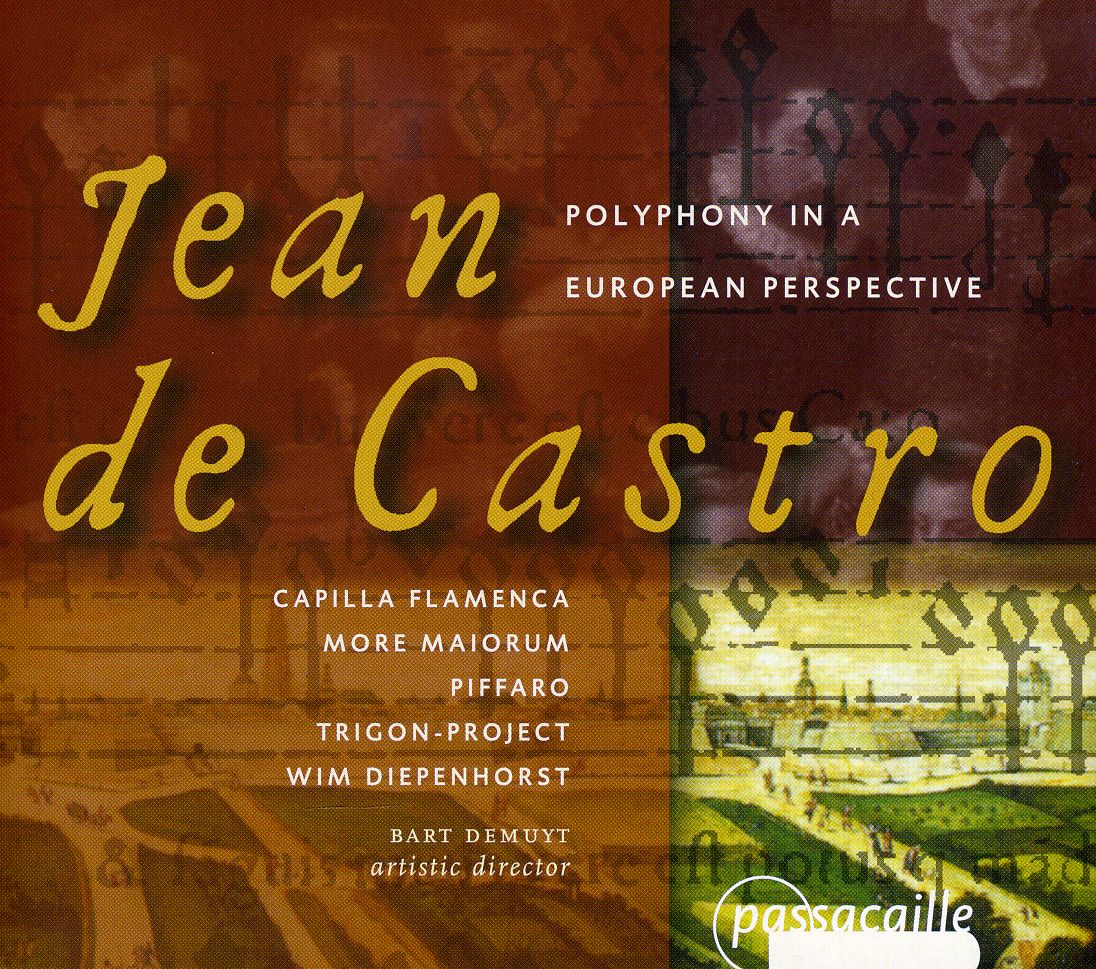
POLYPHONY IN A EUROPEAN PERSPECTIVE
by DE CASTRO / FLAMENCA / MAIORM / PIFFARO / DEMUYT
COMPACT DISC$19.99
Return Policy
All sales are final
Shipping
No special shipping considerations available.
Shipping fees determined at checkout.
